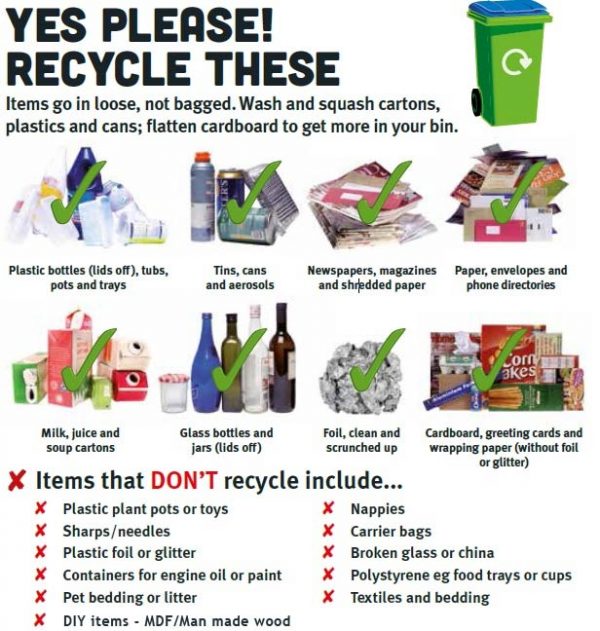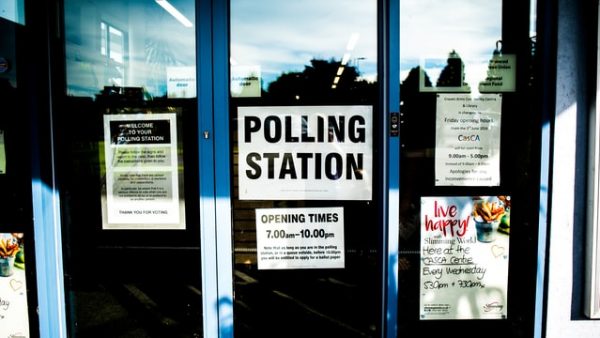 - minute read
- minute read
Sustainable student living at university doesn’t have to require huge lifestyle changes or a massive budget. In fact, students can lead a more sustainable lifestyle by making several small changes in their day-to-day lives. This article is looking at just that – the five things which students can do to aid in the quest for environmentally-friendly university surroundings that benefit all.
So what exactly is sustainable living and where do students come into it? Simply put, living sustainably means putting less pressure on the environment. This can be through the foods we eat, the amount of energy we use, or how effectively we recycle. It can even refer to exercising your right to vote, whether this be in local or national elections.
If the planet does need additional protection, then the next generation of students are surely the best equipped to take on this responsibility. In 2019, no less than 6 million people took to the streets to protest against a lack of action towards climate change. A youth-led uprising indicates the shifting culture towards those who recognise the importance of urgent environmental action.
With this in mind, here are some easy ideas as to how you can begin to achieve sustainable student living.
Expecting the UK (including students) to suddenly dispense of their meat-eating habits is unrealistic. Still, there’s no denying that reducing the quantity of meat and dairy which is consumed would result in a more sustainable future. Amongst young people, one of the emerging trends is to remove meat from your diet for a certain day (or days) of the week.
Having a Meatless Monday might sound fairly insignificant, but could go some way to reducing your carbon footprint and the amount of farmland used for farm animals – over 25% of the world’s total land area!
As time goes on, an increasing number of universities are beginning to shift towards a greater range of vegan options on campus. Southampton University’s Student Union recently opened The Plant Pot – an exclusively vegan/vegetarian cafe that encourages students to explore new eating habits; including beef-style burgers and a full vegan breakfast.

Single-use plastic represents one of the biggest environmental challenges currently facing the UK, with recent studies indicating it makes up 83% of all plastic.
A straightforward yet significant action is to switch from single-use bottles and instead choose reusable alternatives. Changing to a reusable bottle saves around 150 single-use bottles every year. In the UK alone, bottled water production accounts for 45,000 tonnes of CO₂ into the atmosphere. If a significant portion of students were to take this one simple measure, then greenhouse gas emissions would be hugely reduced.
Favouring tap water is equally beneficial. Not only does tap water cut down on plastic usage, but it’s also much cheaper – around 500 times less expensive than the bottled counterpart. To put it another way, bottled water is like paying £1500 for a pint in a student pub.
Recycling is seriously important. Not only does recycling save energy, but it also reduces greenhouse gas emissions. In the UK, recycling is currently estimated to save over 18 million tonnes of CO₂ – which effectively equals taking 5 million cars off the road.
Rather than throwing anything and everything in with the general waste, consider putting all recyclable items in your recycling bin. We’ve provided a handy guide below, with the most common pieces of waste for recycling including plastic bottles, paper/cardboard and tins/cans.

There are numerous ways to save energy within a student house, with the majority requiring minimal effort. These include:
Particularly during the summer months, try and make the most of the sunshine. If you have a nice garden or nearby green space, then be sure to take advantage of it. Otherwise, open your windows and roll back the blinds to bask in the summer warmth. Having the right energy supplier will naturally make an enormous difference, which is why using a green energy supplier such as Resooma Bills would be a great idea.
Ultimately, large-scale change is most likely to occur if local and national authorities are on board and share a similar vision. If a local or national election is on the horizon, then voting for the political party that you think has the planet’s best interests in mind is a must. You could even take this a step further by participating in local protests and campaigns. However, if this isn’t your cup of tea, then the simple act of voting can make a huge difference.
The number of young people and students who voted in the 2017 general election rose dramatically, resulting in numerous high-profile seat swings which would have otherwise been considered impossible. Especially if your home constituency is always dominated by the same party, have a look at the political landscape in your university town/city, to see if your vote could have a bigger impact there instead!

We hope that this article has given you a handful of relatively painless methods for living more sustainably while at university. What’s great is that each of these can be taken and adhered to in post-student life.
Right now, we’re using energy and creating waste at a rate which just isn’t sustainable. Inevitably, the long-term impacts of this include the increasingly prevalent concerns around climate change which will lead to wildlife and humans alike being harmed.
As we said, this doesn’t mean that sustainability requires sweeping changes to your way of life. Rather, various minor changes can go some way to reducing your carbon footprint.
Have you already sorted your house but need to set up bills? We can help with this as well – by setting up and splitting utilities for you. Get a free utility quote here.



All your utility bills in one monthly payment, split between housemates
Get a quote


All your utility bills in one monthly payment, split between housemates
Get a quoteFinding his article helpful? We’ve got plenty more helpful articles on there way. Join our Savvy Sunday mailing list